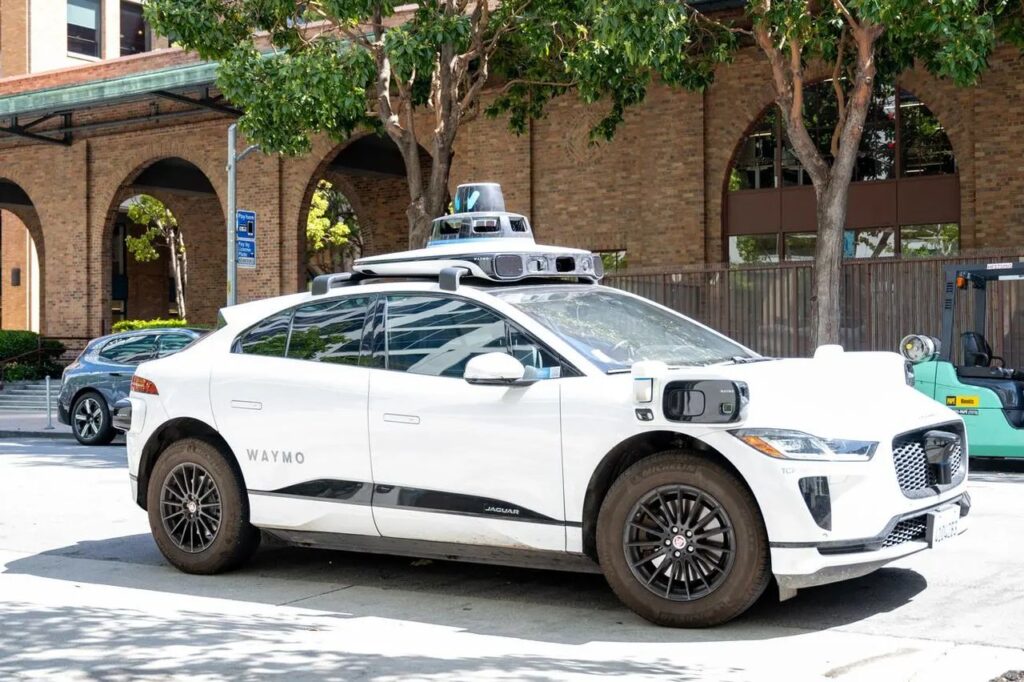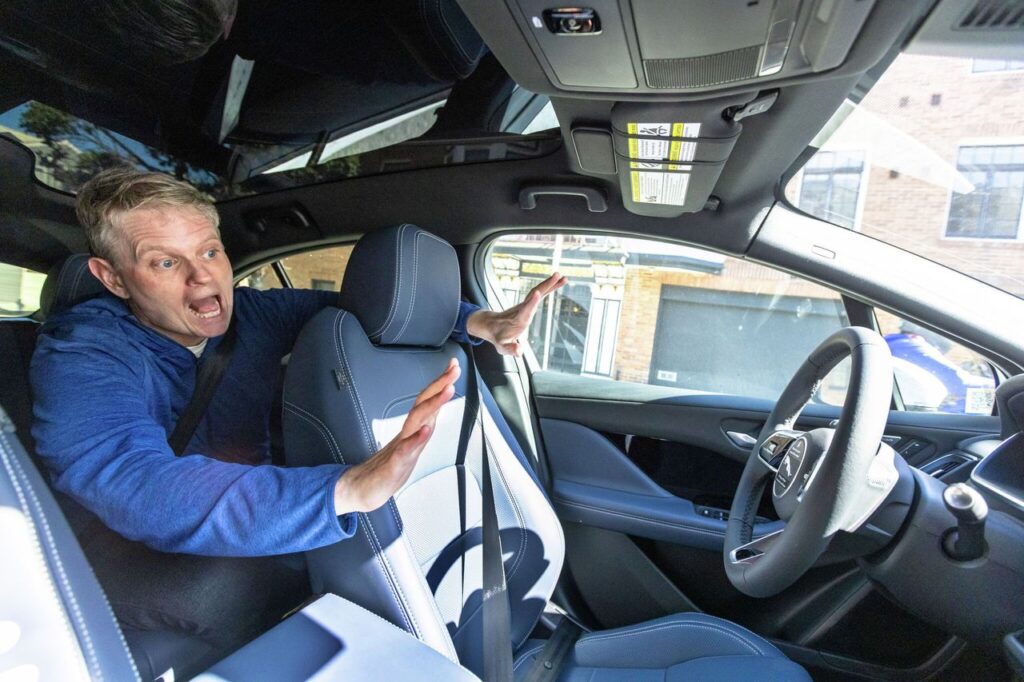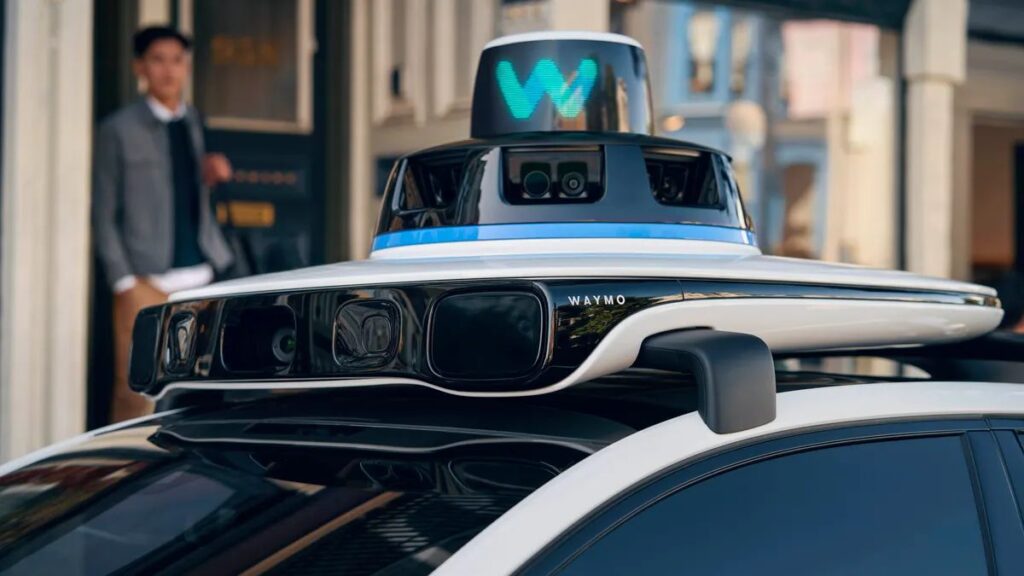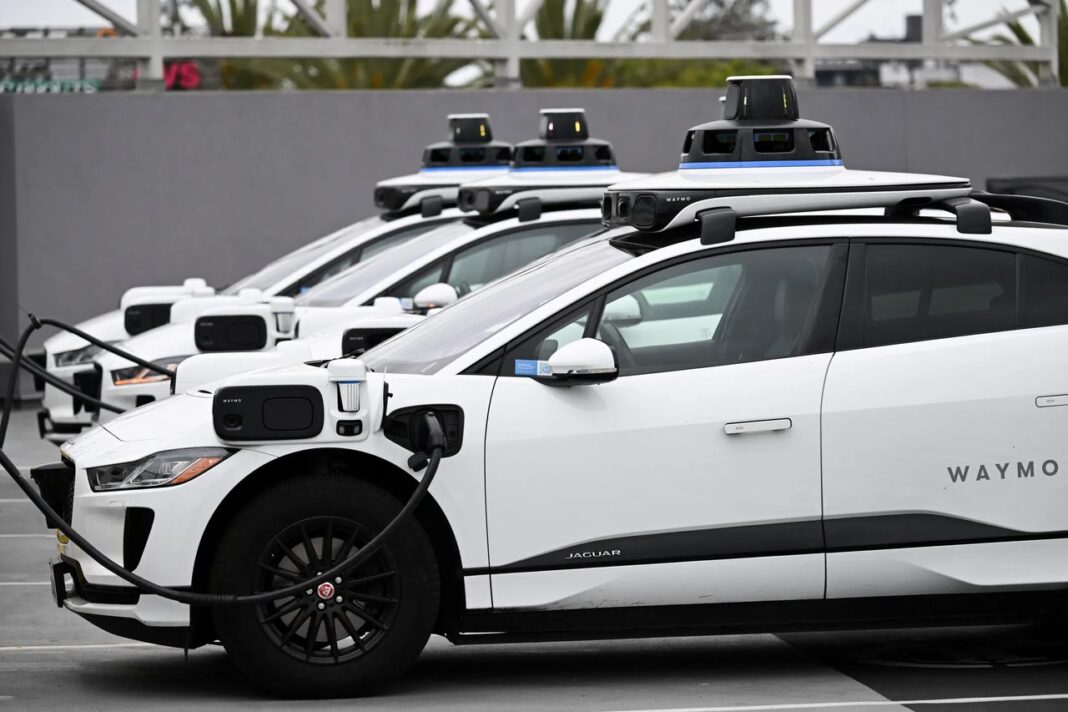Imagine a world where cars drive themselves, no steering wheels, no pedals, and no need for a driver. That world is quickly becoming a reality thanks to autonomous vehicles, also known as self-driving cars. These smart cars use cameras, sensors, and artificial intelligence to move safely without human help. Big companies like Tesla, Google through its project Waymo, and traditional car brands are all racing to perfect this technology. But how exactly will it change the auto industry?

First, it could make our roads much safer. Most car accidents happen because of human mistakes like texting while driving, speeding, or driving under the influence. Self-driving cars don’t get tired, drunk, or distracted. If built right, they could reduce accidents and save thousands of lives every year. They could also ease traffic. These cars can “talk” to each other, keep safe distances, and move smoothly without sudden stops or lane changes, which helps reduce traffic jams.

Another big benefit is that autonomous cars could give more freedom to people who can’t drive—like the elderly or those with physical challenges. This opens up new possibilities for mobility and independence. And when it comes to businesses, especially delivery and transport services, self-driving cars could run day and night without breaks. That means faster deliveries, fewer delays, and lower costs.

There’s also a chance for the environment to benefit. Many of these vehicles are electric and drive more efficiently than humans, which could reduce pollution and help fight climate change. So in many ways, autonomous vehicles seem like a win.
But the road ahead isn’t all smooth. One big concern is jobs. Millions of people around the world rely on driving to earn a living – truck drivers, taxi drivers, and delivery workers. If machines take over these jobs, many families could suffer. Another worry is safety from hackers. Since self-driving cars depend on software, they could be hacked. And unlike a hacked phone, a hacked car could be deadly.
There are also tough moral questions. If a crash is unavoidable, how should the car decide what to do? Should it protect its passengers or avoid hitting a pedestrian? And if something goes wrong, who’s to blame; the car owner, the manufacturer, or the software developer?
Another challenge is cost. Right now, autonomous vehicles are expensive to build, which means only rich people or companies may afford them at first. Plus, many cities don’t have the roads, signs, or systems in place to support this new way of driving. Governments would need to update infrastructure and laws, which takes time and money.
Overall, self-driving cars could completely change the auto industry from how cars are made and sold, to who owns them and how they’re used. We might see fewer car dealerships, more car-sharing services, and even mechanics needing to learn computer skills. The shift is massive.




